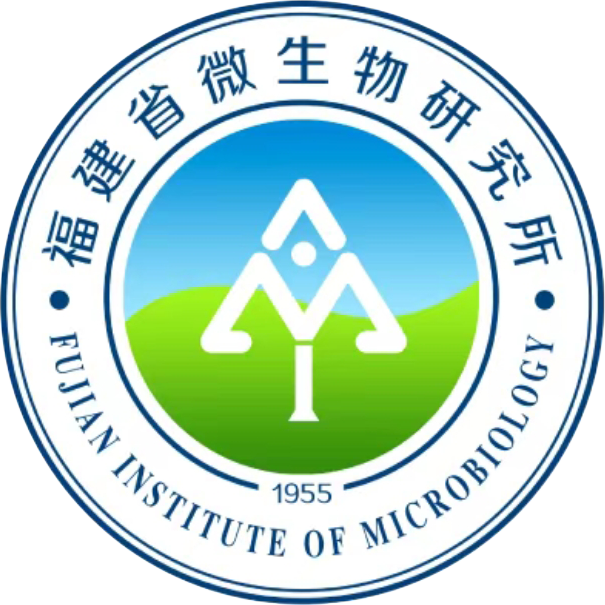Copyrigh © 2024 福建省微生物研究所 版权所有
闽ICP备10006540号-1 网站建设:中企动力 福州
科研成果
SCIENTIFIC PAYOFFS
Macrolide analog F806 suppresses esophageal squamous cell carcinoma (ESCC) by blocking β1 integrin activation.
{Author}: Li Li-Yan;Jiang Hong;Xie Yang-Min;Liao Lian-Di;Cao Hui-Hui;Xu Xiu-E;Chen Bo;Zeng Fa-Min;Zhang Ying-Li;Du Ze-Peng;Chen Hong;Huang Wei;Jia Wei;Zheng Wei;Xie Jian-Jun;Li En-Min;Xu Li-Yan*
{Journal}: Oncotarget
{Year}: 2015
{Volume}: 6
{Issue}: 18
{Pages}:15940-52
{Keywords}:anoikis;cell adhesion;esophageal squamous cell carcinoma cells; macrolide analog F806; β1 integrin
{Abstract}: The paucity of new drugs for the treatment of esophageal squamous cell carcinoma (ESCC) limits the treatment options. This study characterized the therapeutic efficacy and action mechanism of a novel natural macrolide compound F806 in human ESCC xenograft models and cell lines. F806 inhibited growth of ESCC, most importantly, it displayed fewer undesirable side effects on normal tissues in two human ESCC xenograft models. F806 inhibited proliferation of six ESCC cells lines, with the half maximal inhibitory concentration (IC50) ranging from 9.31 to 16.43 μM. Furthermore, F806 induced apoptosis of ESCC cells, contributing to its growth-inhibitory effect. Also, F806 inhibited cell adhesion resulting in anoikis. Mechanistic studies revealed that F806 inhibited the activation of β1 integrin in part by binding to a novel site Arg610 of β1 integrin, suppressed focal adhesion formation, decreased cell adhesion to extracellular matrix and eventually triggered apoptosis. We concluded that F806 would potentially be a well-tolerated anticancer drug by targeting β1 integrin, resulting in anoikis in ESCC cells.

